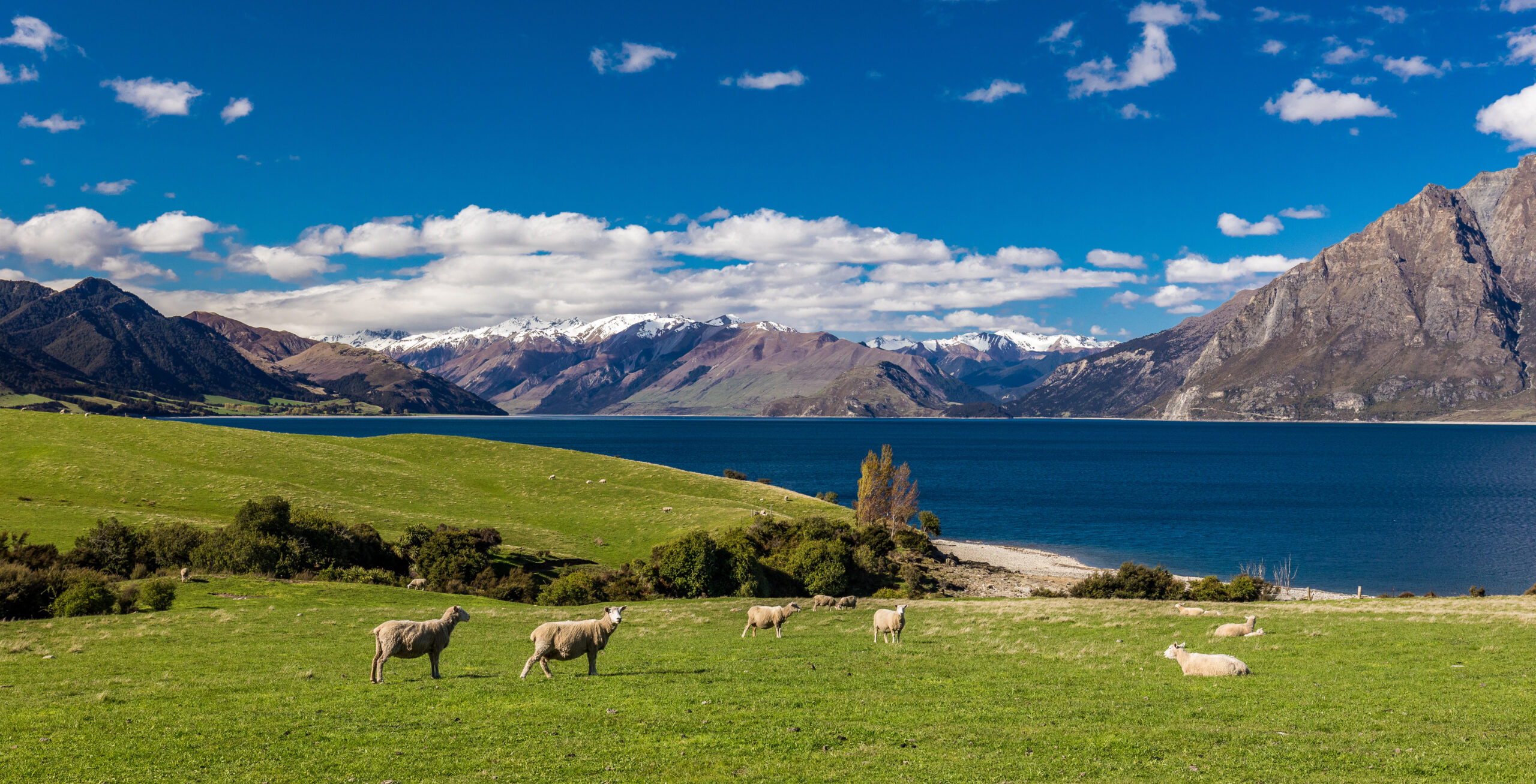
Past Research Achievements
In the 90’s, Japanese researchers were at the forefront of research on shellfish toxins, and were providing cutting-edge results to the world. The Cawthron Institute, New Zealand’s largest independent research institute, was interested in my research and requested me to continue my work with them. Since the Internet had not yet been developed, I traveled directly to New Zealand to exchange views and
opinions. We were the first in the world to chemically identify and clarify the causative agent of neurotoxin poisoning, which causes food poisoning when the shellfish is eaten. (Patented)
We also succeeded in developing a method to detect the causative agent in a very small amount of poisoned shellfish peelings.
(Nervous shellfish poisoning has been an annual occurrence in the Caribbean since around 1992. This problem is very likely to spread around the world via global cargo ships and large tankers. In fact, the
sudden onset of this massive shellfish poisoning in New Zealand has devastated the country’s fishing industry. Since the cause of this poisoning remains unsolved, research has been conducted to establish measures to prevent the poisoning.)
Through these experiences, I developed methods for metabolic research, separation and analysis of ultratrace substances at the hormone level, and structure determination, and developed contacts with researchers in New Zealand.

The Cawthron Institute is the largest independent scientific organization in New Zealand. It specializes in science supporting the environment and development, with its main research facility in Nelson. It works with regional councils, government departments, key industries, private companies, and other research institutions throughout New Zealand and around the world. It employs approximately 300 scientists, laboratory technicians, researchers, and professional staff from 26 countries. It has both chemistry and microbiology labs and focuses on food safety and foodrelated testing for export certification. Cawthron is accredited for a large variety of tests. Its scientists include experts in aquaculture, marine and freshwater resources, food safety and quality, algae technology, biosecurity, and analytical testing.